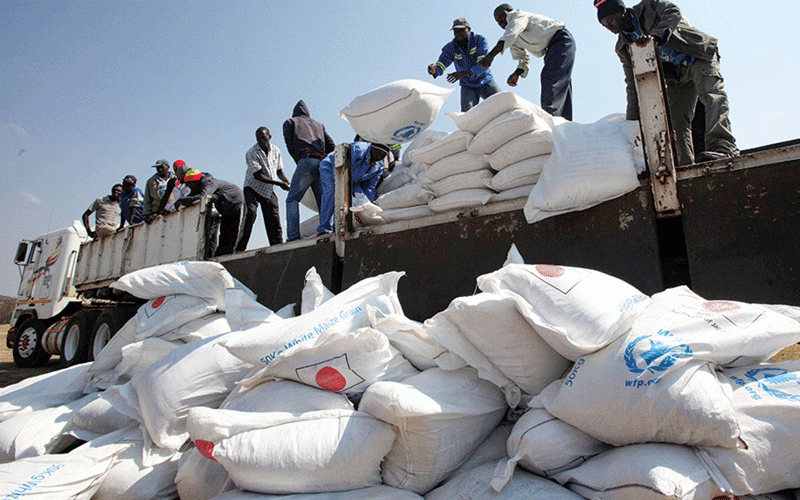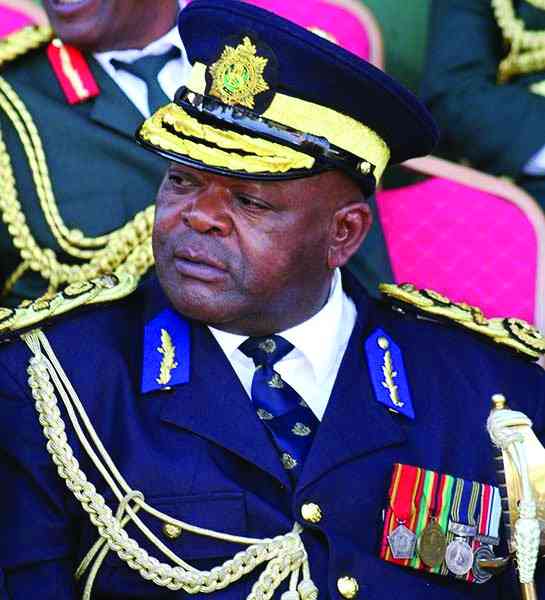
GOVERNMENT has been challenged to warn its officials including traditional leaders and Zanu PF members against politicising food aid.
Binga South legislator Fanuel Cumanzala (Citizens Coalition for Change) made an impassioned plea against food aid politicisation in Parliament last week.
In his motion, Cumanzala demanded answers and assurances from Public Service, Labour and Social Welfare minister July Moyo, that deserving beneficiaries will not be sidelined on political grounds.
“My question, therefore, is: What measures are in place to ensure that in the observance of humanity and impartiality principles, there is no politicisation of food assistance and that the food that we deliver to the vulnerable communities is delivered in the right condition and right quality, meaning that it is suitable for human consumption?” he asked.
Cumanzala also questioned whether the ministry was ascertaining the quality of the food aid before distributing it to the intended beneficiaries.
In response, Moyo said the distribution of food aid would be done via traditional leadership structures.
“I want to thank the honourable member for reminding us of our obligations under the United Nations Charter and its conventions. I am sure that this august House is aware that the President (Emmerson Mnangagwa) declared a state of emergency,” Moyo said.
“He also asked for assistance from United Nations agencies, partners and the NGO [non-governmental organisation] communities, both domestic and international.
- More flak fly at Zec
- Drought ravages Binga livestock
- Water crisis haunts Binga South villagers
- CCC legislator raps Zanu PF over partisan food distribution
Keep Reading
“In doing so, we adhere to UN principles and that is why in our programming, we have said for food, we are going to use the traditional leadership that we have in this country.”
Mnangagwa in April declared the El Niño-induced drought a state of national disaster, and appealed for US$3 billion in food aid.
The UN further made a flash appeal to raise a further US$429,3 million in humanitarian assistance to feed at least 3,1 million Zimbabweans.
Estimates by government and humanitarian agencies say at least six million Zimbabweans may need food aid until the next harvest season.
Moyo said traditional leaders were the best persons to identify beneficiaries and co-ordinate the food distribution exercise.
“This is because they are traditional and they look after the whole village and the UN works with us,” he said.
“So that validation has given us confidence that working together with UN agencies in Zimbabwe, and any UN agency that might want to come and see what we are doing, we can as Zimbabweans and with the UN system, acquaint ourselves that we are giving food to deserving households and to deserving individuals.”
Moyo said villagers were free to complain if they felt that the selection of beneficiaries and distribution of food aid was being politicised.
“If a household or an individual says I was left out, they go to that desk to complain and if the complaint is genuine, then they inform the authorities and those people are included on the list,” he said.
“If you have taken a person who does not deserve it and somebody wants to make sure that these people should not have been there but instead this person should have been there, that complaints desk will take care of that.”







